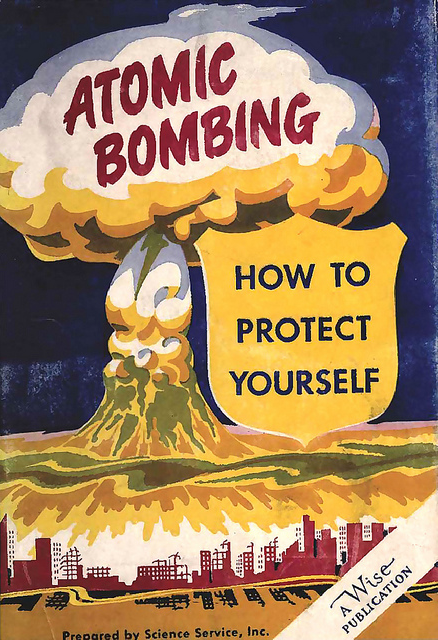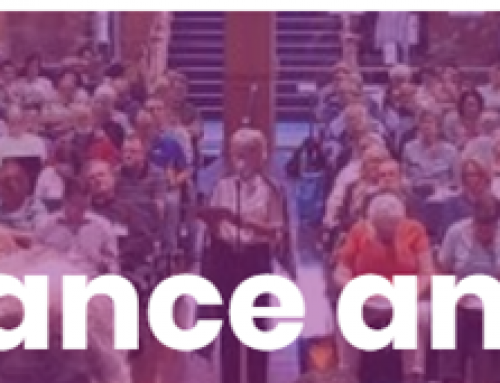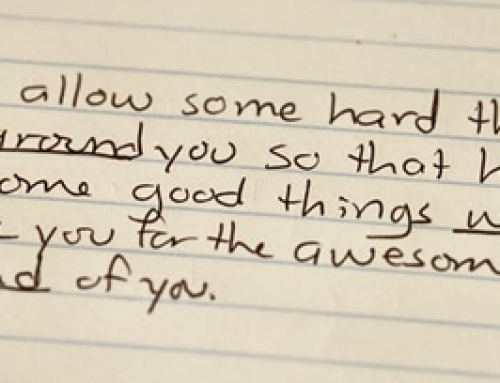On Living in a Pandemic Age
Can you recall the moment the COVID-19 pandemic reached the centre of the Australian consciousness? On Wednesday, March 11, in the span of a single hour, the US President addressed the nation, the National Basketball Association suspended all its games, and Tom Hanks announced he had tested positive for the illness. Within 24 hours, every major sports league had followed suit and now even the NRL has called it ‘quits’ for the time being.
Some of you may remember the Cold War during which time C. S. Lewis, British author, lay theologian and academic at both Oxford University and Cambridge University, was asked to address how humanity should live in an atomic age. Many of us have forgotten the astonishing fear that gripped the world then—some of us are not old enough to have known it. Yet the terrifying force of nuclear power made the idea of humanity’s extinction seem plausible in a new way. In his response to such sentiments, Lewis frames the atom bomb as a revelation, an apocalypse, that disclosed how fragile the world has always been. Look beyond the question of the bomb and we hear the scientists tell us that nothingness is where the universe is going to end anyway. The atomic bomb, Lewis writes, served to “forcibly remind us of the sort of world we are living in, and which, during the prosperous period before 1914, we were beginning to forget.” The imminent threat of extinction has woken us “from a petty dream,” he went on, “and now we can begin to talk about realities.”
This pandemic strikes at the heart of our illusory security in a way that even an atom bomb cannot. Regardless of how imminent it seemed at the time, the possibility of nuclear annihilation remained in the hands of others. Lewis could encourage his audience to allow the bomb to find us “doing sensible and human things” like praying, teaching, reading, and seeing our friends. But resistance to the fear of a pandemic must take an altogether different form, as it is precisely those ordinary acts through which a virus like COVID-19 spreads.
While the threat of human extinction forces upon us the possibility that life simply might not matter at all, a virus prevents us from participating in life at all. We might rightly speak of Sydney or Melbourne streets, restaurants, shopping centres, airports, trains as being like a ‘ghost town,’ because the signs and marks of life are no longer present within them. Moreover, death by atom bomb happens with a bang, not a whimper; we would know how it comes to us. But the death-dealing of a virus has a pernicious, insidious quality: We never quite know if we are being infected or not. A virus reshapes the whole texture of how we relate to one another, introducing a layer of fear and suspicion that other cataclysmic evils simply cannot do. For most of us, it will not even be the concrete and definite death to which we are headed that will animate our fear, but the vague and indefinite possibility that we shall lose the way of life we knew and shall contribute, unwittingly, to the death of our neighbour.
In that way, a pandemic makes us acutely conscious of just how fragile our life together really is, and the communities that will be most affected by the coronavirus—the working classes, the aged, and the sickly—have no delusions about how vulnerable life can be. But for the rest of us, well, COVID-19 is God’s megaphone to a slumbering world.







